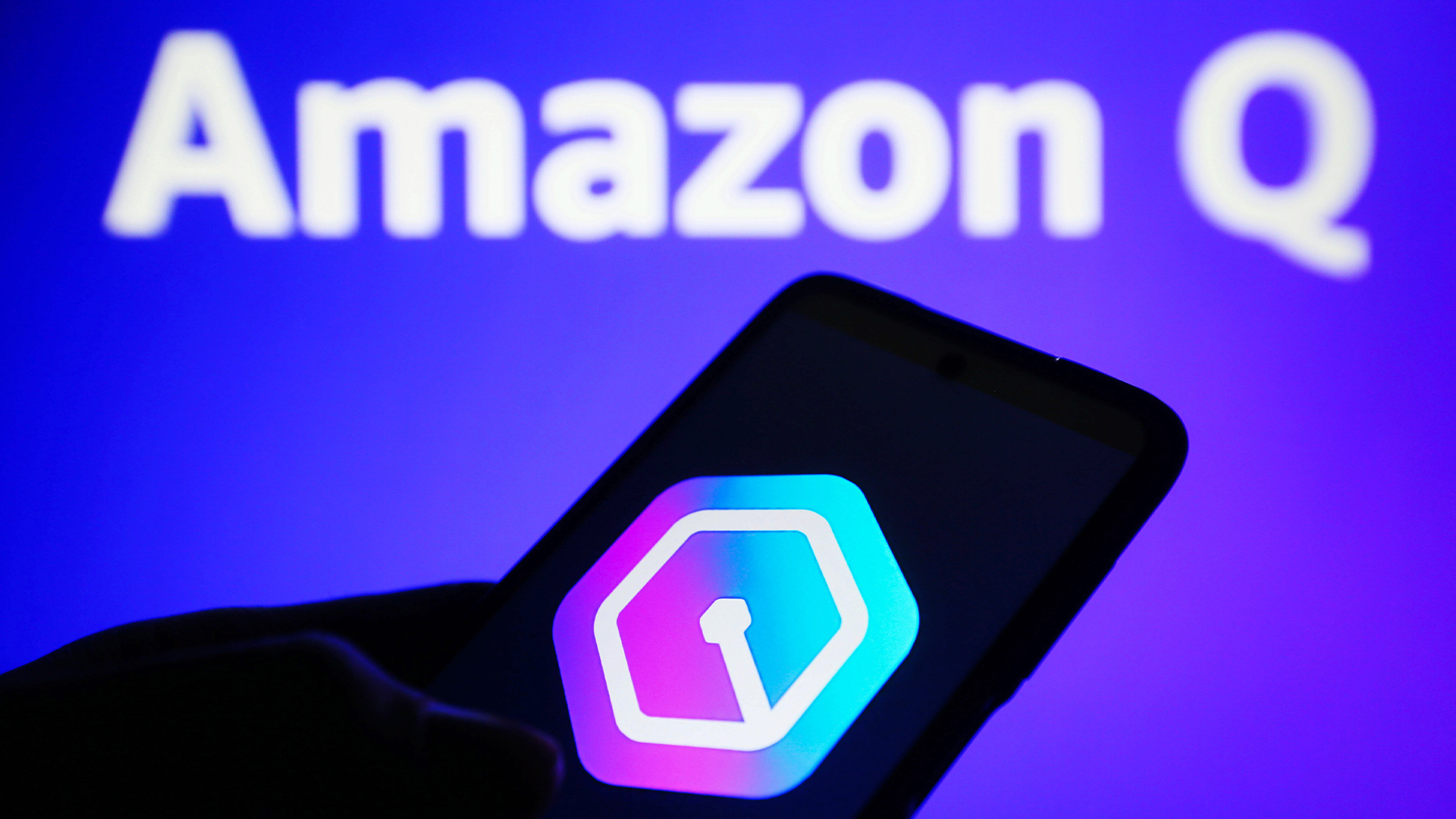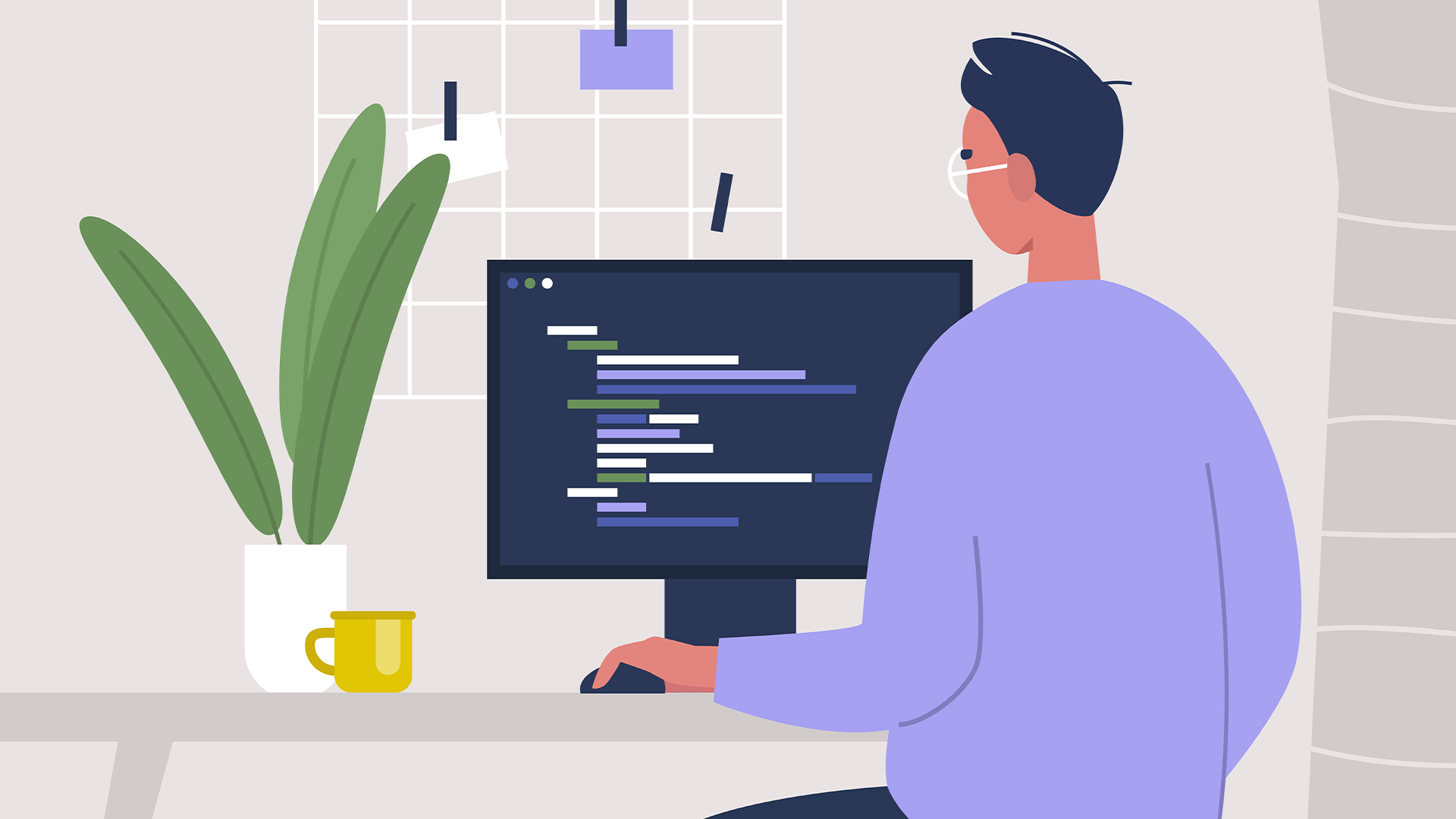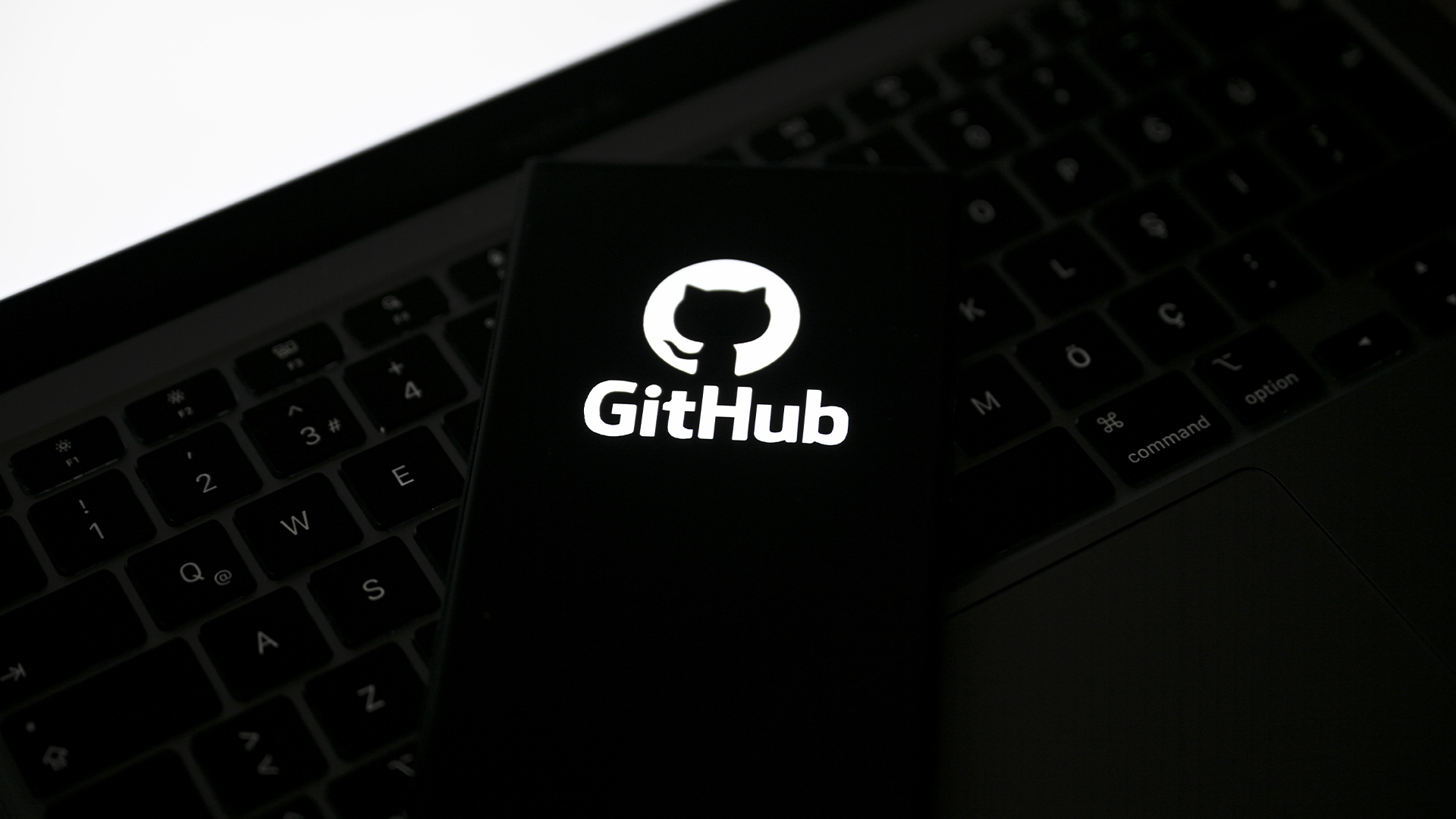AI was a harbinger of doom for low-code solutions, but peaceful coexistence is possible – developers still love the time savings and simplicity despite the allure of popular AI coding tools
The impact of AI coding tools on the low-code market hasn't been quite as disastrous as predicted


With AI coding tools gaining significant traction in recent years, some tech leaders worried the technology spelled doom for low-code and no-code solutions – if anything it’s been quite the opposite.
In a survey from App Builder, 84% of tech leaders said they don’t believe the technology will replace these tools. In fact, adoption has been steadily rising in recent years and shows no sign of slowing down.
Findings from the company’s 2025 App Development Trends Report show low-code and no-code solutions now play a significant role at organizations globally, with 95% of firms having used these tools for software development in the last year.
These statistics align with previous research from Forrester, which reported in 2024 that 88% of developers were using low-code platforms.
This increased focus on low-code solutions has run in parallel with the rapid adoption of AI in their businesses, the study found, and tech leaders are confident that these will complement each other. More than three-quarters (76%) said AI will actually make existing tools more efficient.
Jason Beres, SVP of developer tools at Infragistics, said the study highlights that low-code and AI tools can not only co-exist, but the combination of the two will transform how applications are built.
“Companies’ use of low-code and no-code tools have steadily increased over the past decade–and today these solutions are critical to how developers, designers, CIOs and others build scalable applications and effective development processes,” he said.
Get the ITPro daily newsletter
Sign up today and you will receive a free copy of our Future Focus 2025 report - the leading guidance on AI, cybersecurity and other IT challenges as per 700+ senior executives
“Now, as AI converges with low-code and no-code, we’ll see an entirely new paradigm emerge that will change how apps are built, who can build them and how fast it can happen.”
Low-code tools are still valued by developers
The study from App Builder underlined the continued popularity of low-code tools among enterprises. Nearly every tech leader surveyed said they’ve saved time and money using these tools, with 98% reporting development time savings in particular.
More than three-quarters (78%) of respondents said they’ve saved up to 50% of development time.
The benefits cited by users aren’t just centered around time saved, however. Nearly two-thirds (62%) of companies that use low-code tools have reduced overall development costs, with 67% unlocking cost reductions of up to 30%.
Use-cases for low-code practices are also evolving, the study noted. A leading factor behind the implementation of low-code tools at many enterprises was to improve developer productivity.
While this remains a key focus, there are other factors at play. These included enabling developers to focus on “more strategic work”, cited by 25% of users now compared to 22% initially.
Decreasing manual errors and increasing end-user satisfaction are also now key factors in the adoption of low-code tools.
“It’s clear low-code and no-code tools are here to stay,” Beres added.
“As companies incorporate AI and other new technologies into low-code and no-code development, tech leaders must not only leverage the benefits of automating more app development processes faster, improving collaboration, and increasing productivity, but ensure their organizations and development teams continue to evolve and upskill with their technology.”
MORE FROM ITPRO
- Can AI code generation really replace human developers?
- AI coding tools aren’t the solution to the unfolding 'developer crisis’
- Not all developers are sold on AI coding tools

Ross Kelly is ITPro's News & Analysis Editor, responsible for leading the brand's news output and in-depth reporting on the latest stories from across the business technology landscape. Ross was previously a Staff Writer, during which time he developed a keen interest in cyber security, business leadership, and emerging technologies.
He graduated from Edinburgh Napier University in 2016 with a BA (Hons) in Journalism, and joined ITPro in 2022 after four years working in technology conference research.
For news pitches, you can contact Ross at ross.kelly@futurenet.com, or on Twitter and LinkedIn.
-
 Why are many men in tech blind to the gender divide?
Why are many men in tech blind to the gender divide?In-depth From bias to better recognition, male allies in tech must challenge the status quo to advance gender equality
By Keri Allan
-
 BenQ PD3226G monitor review
BenQ PD3226G monitor reviewReviews This 32-inch monitor aims to provide the best of all possible worlds – 4K resolution, 144Hz refresh rate and pro-class color accuracy – and it mostly succeeds
By Sasha Muller
-
 AWS expands language support for Amazon Q Developer
AWS expands language support for Amazon Q DeveloperNews AWS has expanded support for languages in Amazon Q Developer, making it easier for developers to code in their first language.
By Nicole Kobie
-
 ‘Frontier models are still unable to solve the majority of tasks’: AI might not replace software engineers just yet – OpenAI researchers found leading models and coding tools still lag behind humans on basic tasks
‘Frontier models are still unable to solve the majority of tasks’: AI might not replace software engineers just yet – OpenAI researchers found leading models and coding tools still lag behind humans on basic tasksNews AI might not replace software engineers just yet as new research from OpenAI reveals ongoing weaknesses in the technology.
By George Fitzmaurice
-
 ‘We’re trading deep understanding for quick fixes’: Junior software developers lack coding skills because of an overreliance on AI tools – and it could spell trouble for the future of development
‘We’re trading deep understanding for quick fixes’: Junior software developers lack coding skills because of an overreliance on AI tools – and it could spell trouble for the future of developmentNews Junior software developers may lack coding skills because of an overreliance on AI tools, industry experts suggest.
By George Fitzmaurice
-
 GitHub's new 'Agent Mode' feature lets AI take the reins for developers
GitHub's new 'Agent Mode' feature lets AI take the reins for developersNews GitHub has unveiled the launch of 'Agent Mode' - a new agentic AI feature aimed at automating developer activities.
By Ross Kelly
-
 The world's 'first AI software engineer' isn't living up to expectations: Cognition AI's 'Devin' assistant was touted as a game changer for developers, but so far it's fumbling tasks and struggling to compete with human workers
The world's 'first AI software engineer' isn't living up to expectations: Cognition AI's 'Devin' assistant was touted as a game changer for developers, but so far it's fumbling tasks and struggling to compete with human workersNews Devin, a coding assistant from Cognition AI hailed as the world's 'first AI software engineer', hasn't quite lived up to expectations, according to researchers.
By Nicole Kobie
-
 ‘Maybe we aren't going to hire anybody this year’: Marc Benioff says Salesforce might not hire any software engineers in 2025 as the firm reaps the benefits of AI agents
‘Maybe we aren't going to hire anybody this year’: Marc Benioff says Salesforce might not hire any software engineers in 2025 as the firm reaps the benefits of AI agentsNews Salesforce CEO Marc Benioff has suggested the company may freeze hiring for software engineers as the company records productivity boosts through AI agents.
By George Fitzmaurice
-
 A sign of things to come in software development? Mark Zuckerberg says AI will be doing the work of mid-level engineers this year – and he's not the only big tech exec predicting the end of the profession
A sign of things to come in software development? Mark Zuckerberg says AI will be doing the work of mid-level engineers this year – and he's not the only big tech exec predicting the end of the professionNews The Meta founder thinks 2025 will herald a profound shift in the software engineering profession
By Solomon Klappholz
-
 Shadow AI is creeping its way into software development – more than half of developers admit to using unauthorized AI tools at work, and it’s putting companies at risk
Shadow AI is creeping its way into software development – more than half of developers admit to using unauthorized AI tools at work, and it’s putting companies at riskNews Enterprises need to create smart AI usage policies that balance the benefits and risks
By Solomon Klappholz